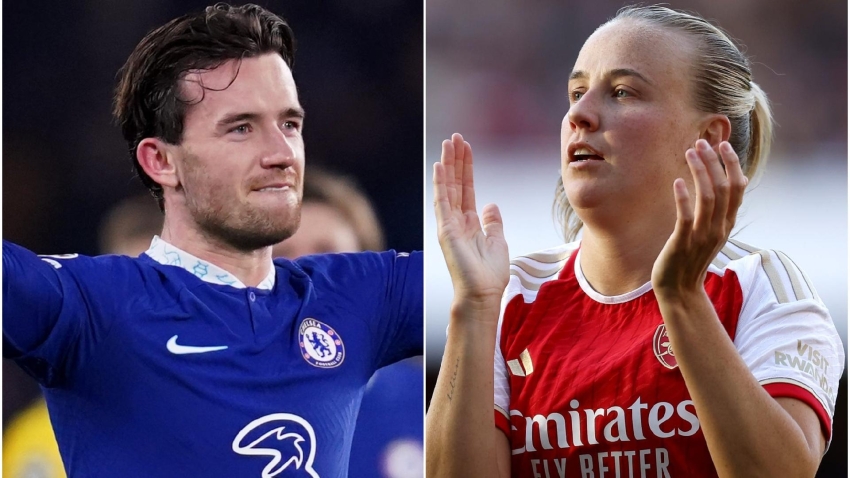Ben Chilwell of Chelsea, Vivianne Miedema and Beth Mead of Arsenal, Molly Bartrip of Tottenham Hotspur, and Marvin Sordell, a former striker for Watford, have all teamed up to support the start of a new mental health initiative. The Create the Space initiative seeks to provide football players at all levels with the information, tools, and resources they need to recognize, avoid, and address mental health problems.
The effort, which attempts to address one of the major problems confronting the game right now, is expected to be the largest player-led mental health campaign in football. It takes a comprehensive approach to the problem. In addition to top-down initiatives from elite players, first-team managers, club executives, and industry leaders, Common Goal’s Create the Space initiative aims to supervise bottom-up initiatives from fan clubs, community organizations, and academies to enable everyone in the game—from the top echelons to the lowest—to be a mental health champion.
In order to achieve this, it will modify Football Beyond Borders’ (Therapists in Tracksuits) program for use in educational settings and include it into football in order to foster situations where players feel free to express themselves both on and off the field. More specifically, the program seeks to develop trauma-informed elite teams and upskill coaches with mental health training at the local level.
Common Goal / Create the Space will offer mental health professionals with extensive experience to lead in-person training sessions for individuals in the football industry who are passionate about mental health. These sessions will give participants the tools they need to recognize, avoid, and address mental health concerns.
The focus on mental health has increased over the past few seasons, but for many of these players the focus is now about shifting from conversation, to action. “I have had my own mental health journey and I felt unsure about where to turn to for support,” Chelsea and England left back Chilwell said. “It’s down to our generation to change this and ensure that throughout football, all the way from the elite level to young people in community organisations, we have each other’s backs and we’re equipped with the tools to help ourselves and those around us.
“We need to move from talking about mental health to taking action, and Create the Space provides the platform for everyone wishing to take action to play a role in tackling mental health issues, whether they are playing in the Premier league, in the playground, or in the park.”
Despite the progress being made there is still some stigma surrounding mental health at the top level of world sport. Having been affected personally by the issue, this is why Tottenham Hotspur captain Bartrip is so keen to help bring change.
“Some years ago I was in a position where I wanted to commit suicide,” she said. You feel like you’re a burden, but it’s the strongest thing to ask for help. Mental health shouldn’t be a forbidden subject, it should be as open as having an injury. I now consider my vulnerability as a strength. For the first time in 10 years I’m not seeing a counsellor at the moment. I want football to become a safe space and hope that from the top level down to grassroots that’s what we can achieve with Create the Space.”
Arsenal forward Mead is another who has had her own struggles which have been keen to her involvement in Create the Space. “In January I lost my Mum and because of the injury (an ACL tear she suffered in November 2022) I couldn’t play football, which was always my escape, my happy place,” she said. “Moments when people thought I was fine because of my outgoing personality, were very dark. It’s been a tough process to understand. Teammates, people at the club, family and friends who supported me were so important, without them I could have been in a far darker place.
“I want to help create an environment in which it’s totally normal to address mental health. There’s not a perfect way of dealing with it, but if you feel you’re not alone it helps so much. We need to normalise mental health and in doing so that would go a long way.”
This desire to bring about an active shift in the culture around mental health in football is echoed by Miedema who feels that she has benefitted massively from being able to talk more openly about her difficulties. “Where I grew up in the North of Holland it just wasn’t OK to talk about mental health, it just wasn’t done,” she said. “Then when I moved to Germany when I said I wasn’t feeling so good and needed more time, I was told that I needed to train harder. At Arsenal when I had the opportunity to see someone, I was suffering from panic attacks, but even then I still wasn’t sure if I should, as it had never been OK to address my mental health.
